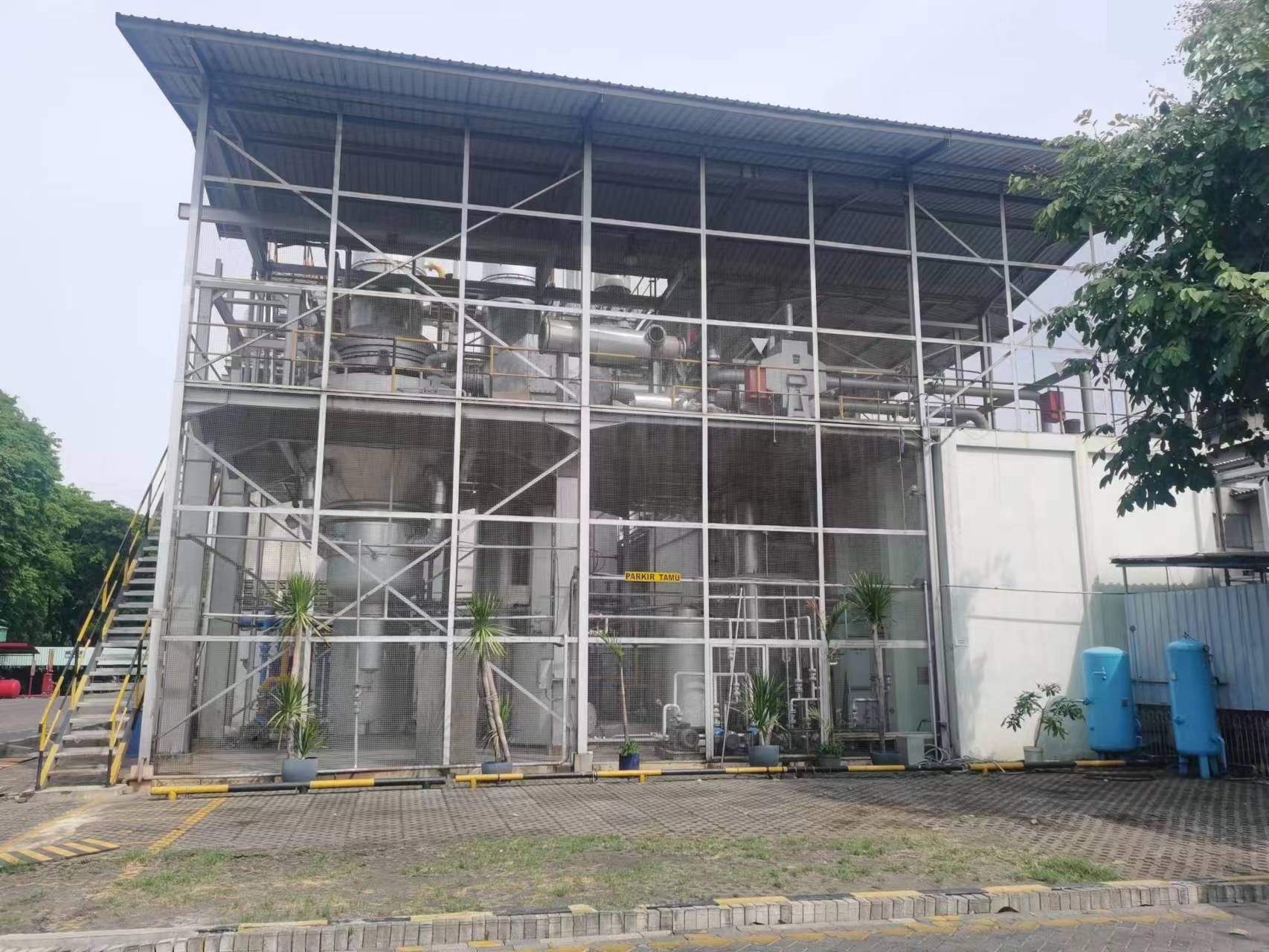Methanol, a versatile compound used in various industrial applications, undergoes distillation processes to achieve high purity levels. The advancements in methanol distillation systems have revolutionized the production processes, enhancing efficiency, reducing energy consumption, and ensuring product quality. This article delves into the recent developments in methanol distillation technology, highlighting key innovations and their implications.
Enhanced Distillation Column Designs
One of the significant advancements in methanol distillation systems lies in the design of distillation columns. Innovations in distillation column design have paved the way for enhanced separation efficiency and reduced energy consumption. Structured packing, tray internals, and optimized column configurations have emerged as key focal points in the quest for improved performance. Advanced computational fluid dynamics (CFD) simulations and empirical studies have facilitated the development of bespoke column designs tailored to specific process requirements. These innovations enable manufacturers to achieve higher purity levels while minimizing operating costs—a paradigm shift in the realm of methanol distillation.
Integration of Advanced Control Systems
The integration of advanced control systems has played a pivotal role in optimizing methanol distillation processes. Implementation of model predictive control (MPC), fuzzy logic control, and neural network-based control strategies has enabled real-time monitoring and precise control of key process variables. These systems dynamically adjust operating conditions, such as reflux ratios, temperatures, and pressures, to maximize product purity while minimizing energy consumption and operating costs.

Energy-Efficient Distillation Technologies
Energy efficiency is a paramount consideration in methanol distillation systems due to their energy-intensive nature. Recent advancements focus on developing energy-efficient technologies to reduce overall energy consumption and environmental impact.
Techniques such as heat integration, process intensification, and vapor recompression are being increasingly employed to recover and utilize waste heat, thereby optimizing energy usage and reducing greenhouse gas emissions. From solar-powered distillation units to waste heat recovery systems, manufacturers are exploring various avenues to reduce their carbon footprint and enhance energy efficiency. By harnessing clean energy sources, such as solar or geothermal power, methanol producers can mitigate environmental impact while ensuring long-term viability and competitiveness in the market.
Adoption of Novel Separation Techniques
Innovative separation techniques are being explored to enhance the separation efficiency and purity of methanol products. Membrane distillation, reactive distillation, and hybrid separation processes are gaining attention for their ability to achieve higher purity levels and streamline production processes. These techniques offer advantages such as reduced energy requirements, simplified process flows, and enhanced product quality compared to traditional distillation methods.
Enhanced Process Control and Automation
One of the most significant strides in methanol distillation is the integration of advanced process control and automation systems. Traditional distillation processes often relied on manual intervention, leading to inefficiencies and inconsistencies. However, with the advent of sophisticated control algorithms and real-time monitoring tools, operators can now optimize process parameters with unparalleled precision. Automated systems not only enhance productivity but also minimize the risk of human error, ensuring consistent product quality and higher yields.
Advanced Materials and Corrosion Resistance
Corrosion poses a significant challenge in methanol distillation systems, necessitating the use of corrosion-resistant materials to prolong equipment lifespan and maintain process integrity. Recent advancements in material science have led to the development of high-performance alloys and coatings capable of withstanding the harsh operating conditions prevalent in methanol production facilities. These corrosion-resistant materials not only enhance durability but also minimize maintenance costs and downtime, ensuring uninterrupted operation and optimal performance.
Advances in Process Simulation and Optimization
Advancements in process simulation software have enabled comprehensive modeling and optimization of methanol distillation systems. Advanced simulation tools allow engineers to analyze complex process dynamics, evaluate various operating scenarios, and optimize process parameters for improved performance. By leveraging these tools, manufacturers can enhance process reliability, optimize resource utilization, and accelerate product development cycles.
Conclusion
The continuous evolution of methanol distillation systems underscores the industry's commitment to innovation and sustainability. Enhanced column designs, advanced control systems, energy-efficient technologies, novel separation techniques, and sophisticated process simulation tools collectively contribute to improving product quality, increasing productivity, and reducing environmental footprint. As the demand for high-purity methanol continues to grow across diverse industries, ongoing research and development efforts will drive further advancements in distillation technology.
For inquiries about methanol distillation systems or to connect with a reliable supplier, please don't hesitate to contact us. We are dedicated to providing cutting-edge solutions to meet your industrial needs.
















